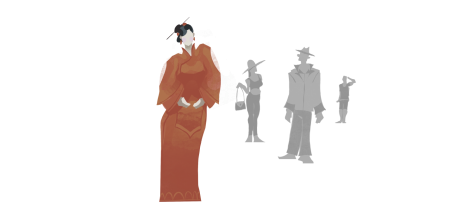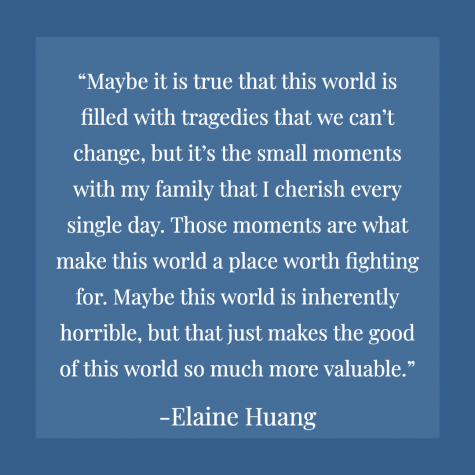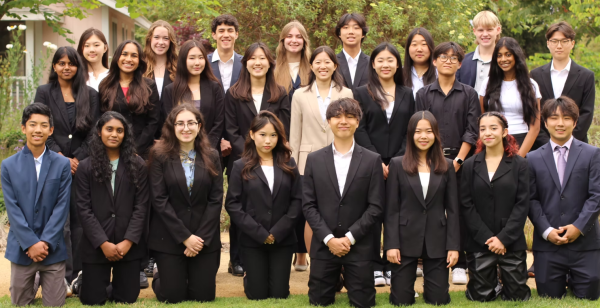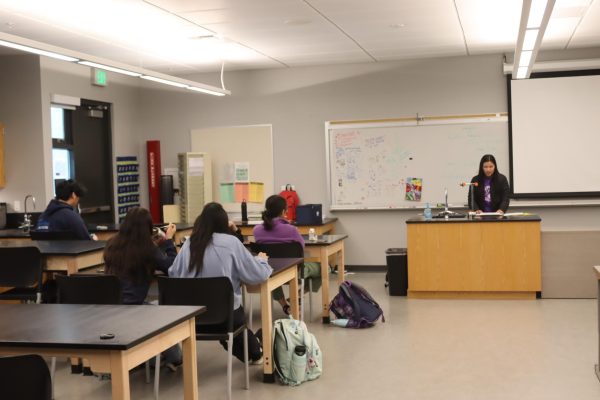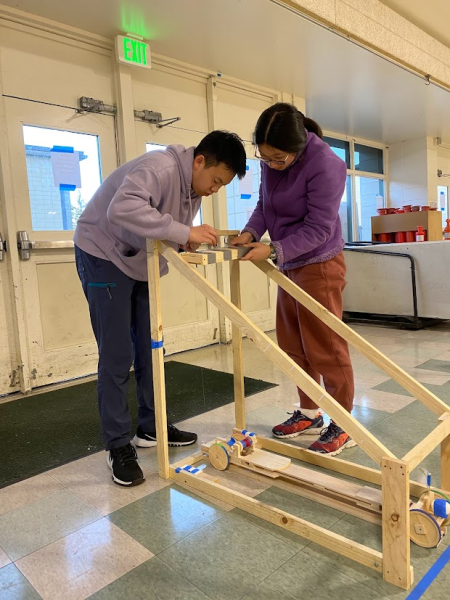From my POV: life through rose-colored glasses
I like to think of myself as a realistic person — I see the situation as it is. I bring an umbrella when the skies look threatening, put on a seatbelt while in the car, weigh the pros and cons of each situation. However, despite these precautions, I, like most others, also expect things to go well.
Through the belief that events that will benefit me will happen to me and unfavorable events will not, I was under the pretense of optimistic bias.
Optimistic bias is neither a mental health issue nor a state of mind, rather a mindset that is fostered by the environment we grow up in and the information we are fed. It is the belief that the future will be much better than the past and present, and because of this, most of us have this tendency to overestimate the likelihood of good events happening to us and underestimate the likelihood that bad events will come upon us, according to the Washington Post.
At this moment in time, I do not feel like I have cancer nor will I develop it. Speaking logically, however, the likelihood of developing cancer is greater than I care to admit. The realistic chance of developing cancer is around 1 in 2 women, according to Medical News Today, but I would estimate it to be much less.
On the flip side, I often overestimate my chances of achieving something, which is good for the short term, but the more I train my mind to overestimate my realistic chances in a situation — good or bad — the more skewed my decision-making becomes.
So, this begs the question: why would our brains be wired in such a way to make us envision optimistic illusions?
It is only for the fact that this optimistic bias enables us to keep moving forward and make progress. Without optimistic bias, I would have quit a lot of my hobbies after the first mistake I made or the moment something didn’t go well. Continuing to believe that the odds were in my favor allowed me to continue many of my passions and experience new things.
The ability to be able to imagine alternative realities — especially better ones — is only as strong as the accompanied ability to believe better realities are attainable. In a way, believing better realities are attainable makes me work harder to achieve it.
Though I know there will never be a utopia, it doesn’t stop me from continuing to push for a better life than I have now. And for that reason, optimistic bias aids me in being able to pursue my goals, advance and challenge myself to new extremes.





